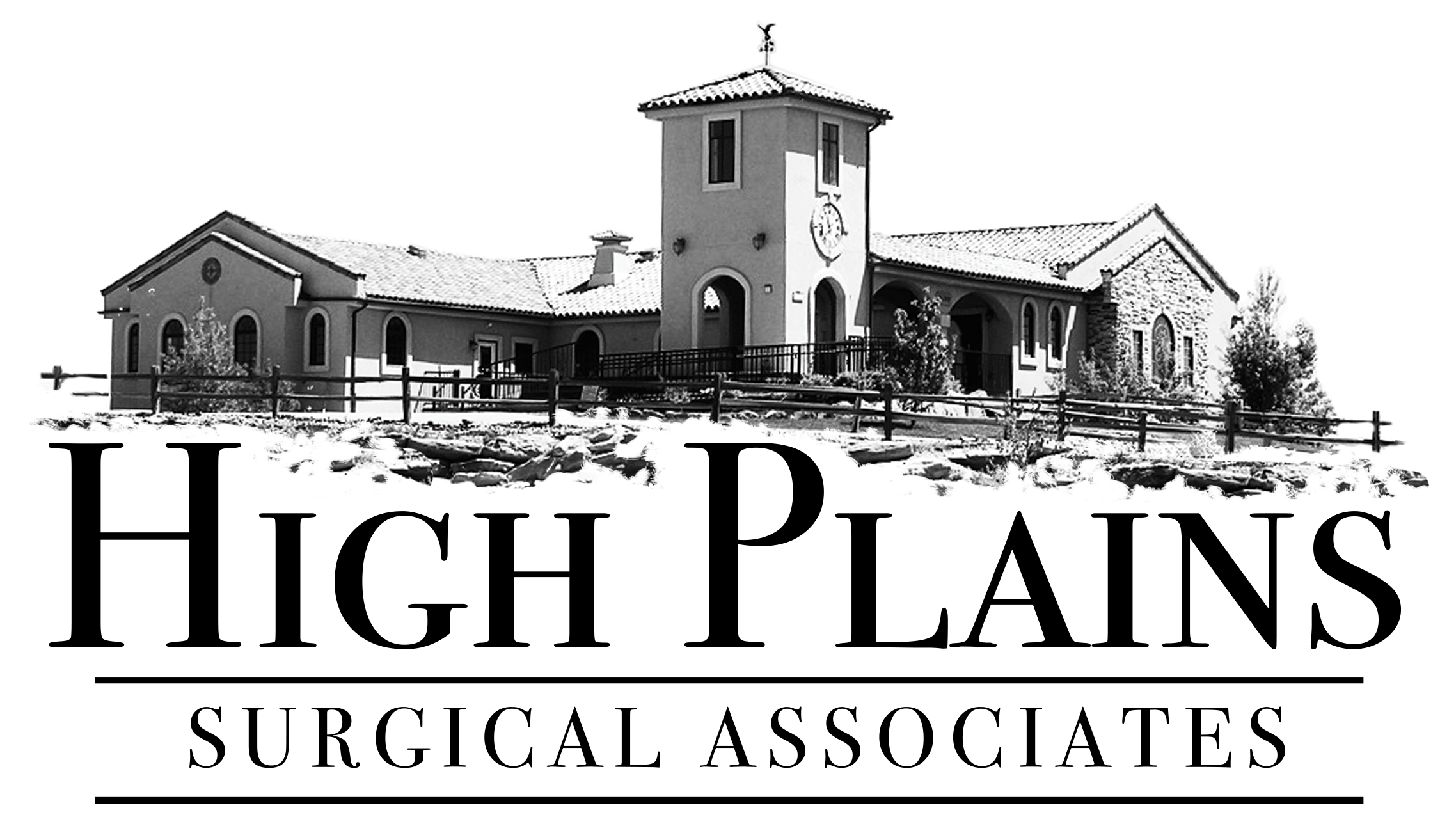Abdomen
Your abdomen is a complicated apparatus, and no, there are no rusting cogs or greasy chains here but your stomach, intestines, kidneys, liver, esophagus, and many other things that you can’t even pronounce without twisting your tongue. Your abdomen contains many organs that make up for complex machinery. These organs perform many primary functions and also become prone to many problems.
Abdominal Pain
It seems as if everybody in the world has this issue. And truth be told, at some point in time we all have suffered from abdominal pain, and many of us continue to experience it. Be it a mild stomach ache, sharp shooting pain, or severe stomach cramps, your abdominal pain may be caused by, but not limited to:
Indigestion
Stomach virus
Constipation
Food allergies
Menstrual cramps
Irritable bowel syndrome (IBS)
Gas
Lactose intolerance
Food poisoning
Ulcers
Gallstones
Pelvic inflammatory disease
Hernia
Crohn’s disease
Kidney stones
Endometriosis
Gastroesophageal reflux disease (GERD)
Urinary tract infection
Appendicitis
Symptoms That Should Concern You
Contact your doctor or go to the Emergency Department if the pain is severe, recurrent, or accompanied by any of the following:
Injury to abdomen (probable cause for pain)
Pain that lasts for more than a few hours
Blood in vomit
Bloody or black tarry stools
Difficulty breathing
Hernia
Vomiting
Fever
Signs of dehydration
Inability to pass gas or stool
Painful or frequent urination
Tenderness in abdomen
Hernias
Common types of hernias:
Inguinal hernia
Hiatal hernia (commonly causes gastroesophageal reflux)
Umbilical hernia (can occur in babies, children, and adults)
Incisional Hernia.
Hernias are often caused by numerous factors including straining and fascial weakness. Some hernias in infants and young children will repair themselves; however, hernias in adults do not heal on their own and may be considered for surgical repair. Please talk to your doctor or make an appointment with us if you are concerned that you have a hernia.
Abdominal Swelling
Sounds familiar? It is essential to understand that your abdomen could be swollen for numerous reasons:
Irritable Bowel Syndrome;
Lactose Intolerance
Ascites (when fluid builds up inside your abdomen)
Gallstones
Pancreatitis (Inflammation of the Pancreas)
Weight Gain
Blockage in your Intestine
What Is an Abdominal Aortic Aneurysm?
An abdominal aortic aneurysm is an abnormal enlargement of the main artery from your heart to your legs. According to experts the exact cause of this problem is still unknown, but the following factors may be at play if you suffer from it:
Infection in the aorta
Trauma
Heredity
Blood vessel diseases of the aorta
Tobacco use
Hardening of the arteries (atherosclerosis)
High blood pressure
Your doctor may recommend a surgery if an aneurysm is too large or if it can be seen enlarging too quickly. If you have an abdominal aortic aneurysm and you experience symptoms such as abdominal cramps, swelling, or pain this could be a life-threatening emergency.
High Plains Surgical Associates is a medical clinic that is known to deliver exceptional abdominal care in Northeastern Wyoming since 1994. General Surgeon Dr. Sara Hartsaw will continue to provide outstanding care for you and your family.



